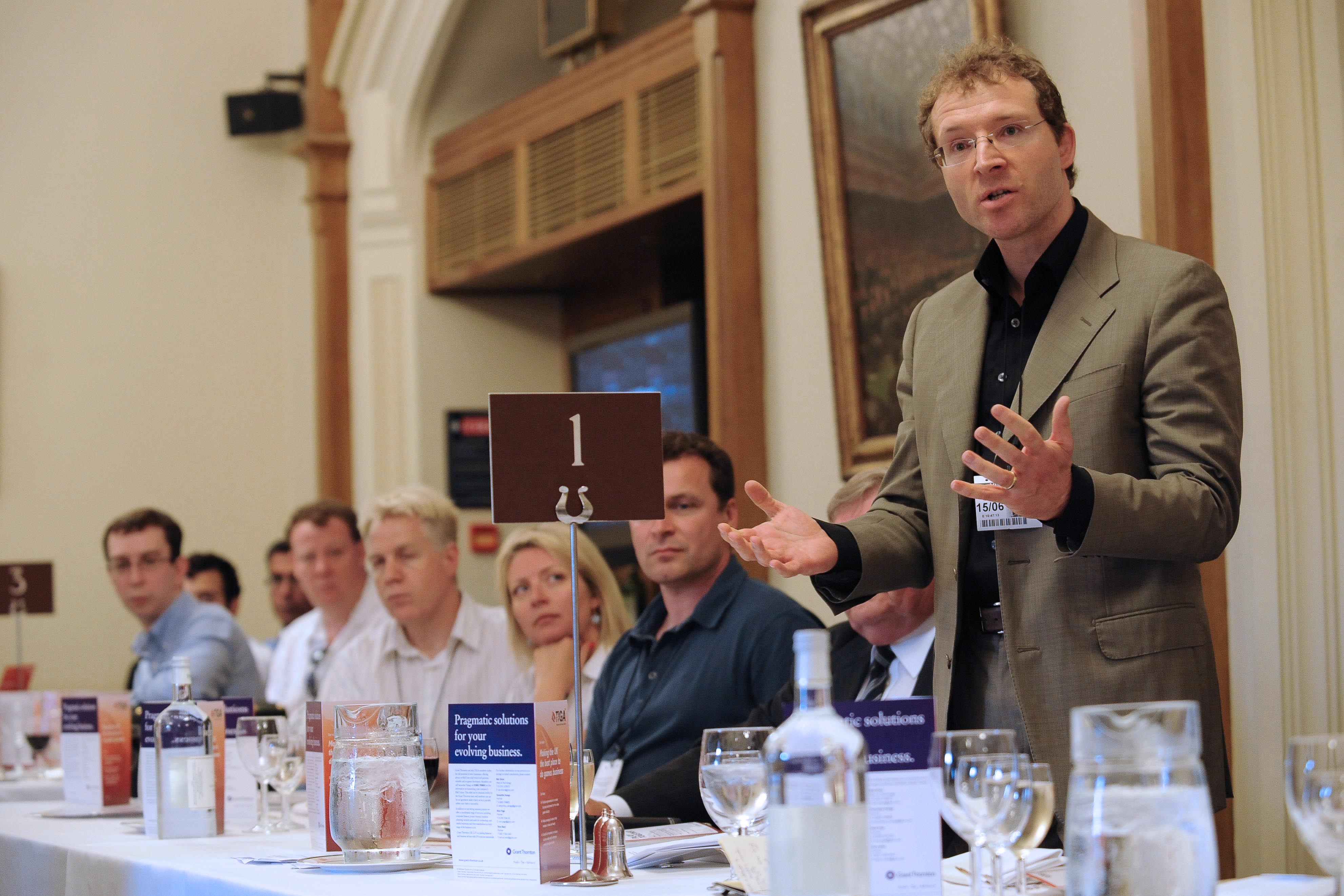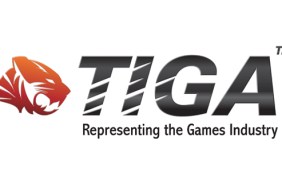
The British Games Industry is in turmoil, with many developers moving abroad as the once great sector is beleaguered by unfair tax rates and a lack of recognition by the Government. As the problem draws closer to irreversibly damaging the industry, public outcry for tax breaks grows ever louder, with several MPs and developers demanding change. To launch an extensive week long feature exploring the trouble the Industry faces, PlayStation LifeStyle interviewed Dr. Richard Wilson, CEO of TIGA, who represent the UK Game Industry, and are instrumental in bringing about reform in favour of the Video Games Industry.
 PlayStation LifeStyle: Who are you, and what is your position at TIGA?
PlayStation LifeStyle: Who are you, and what is your position at TIGA?
RW: My name is Dr. Richard Wilson, CEO at TIGA. TIGA is the trade body which represents the UK video games industry. Our members include independent games developers, in-house publisher owned developers, outsourcing companies, technology businesses and universities. TIGA’s vision is to make the UK the best place in the world to do games business. We focus on three sets of activities: political representation, generating media coverage and developing services that enhance the competitiveness of our members. This means that TIGA members are effectively represented in the corridors of power, their voice is heard in the media and they receive benefits that make a material difference to their businesses, including a reduction in costs, improved commercial opportunities and knowledge transfer.
 PSLS: Despite TIGA’s repeated attempts to convince the British Government to even the global playing field by providing tax breaks to the Games Industry, the Government has consistently failed to meet these requests; why do you believe that they fail to provide the same support as many other nations?
PSLS: Despite TIGA’s repeated attempts to convince the British Government to even the global playing field by providing tax breaks to the Games Industry, the Government has consistently failed to meet these requests; why do you believe that they fail to provide the same support as many other nations?
RW: I think it has taken the UK Government longer than some other Governments to recognize the importance of the UK video games industry, both as an economic powerhouse and a employer and trainer of staff with the kind of high end skills in technology, computer science, art, animation and audio that this country desperately needs to continue to compete globally.
That is changing though, we have been campaigning and lobbying Government very hard and it is starting to show real results. Last year announced the formation of the first All Party Parliamentary Group for the Video Games Industry and we have successfully converted MPs and Ministers to our cause.
I truly believe that if not for the banking crisis and the current national debt problem, the Government would have by now committed to tax relief for the video games industry. The arguments are conclusive. I remain optimistic that TIGA will either deliver Games Tax Relief for the UK video games industry, or persuade the Government to introduce a similar fiscal measure to help maintain our successful sector.
PSLS: Recently, Gordon Brown promised that “new commitments of investment” for the Games Industry would come out of the Global Investment Conference, do you have an idea of how much of a commitment that might entail?
RW: It is our hope that Gordon Brown has now recognized the need to support the industry through a specific tax relief for games production and that this will be announced in the forthcoming Budget this month.
PSLS: In recent years, the UK Games Industry’s position as a world leading industry has become increasingly unsteady, do you believe there will come a time when this decent becomes irreversible?
RW: The UK video games development sector is an industry of the future par excellence. With the right Government support, the industry could contribute to the growth of a more diverse and sustainable UK economy. Video game development is the epitome of a knowledge-intensive sector. 60 per cent of a typical development studio’s workforce is qualified to degree level and in many studios this figure rises to 80 per cent. Links between game developers and higher education are significant: 40 per cent of developers are involved with one or more universities, advising on courses or engaged in knowledge transfer. Average salaries in the games industry approximate £32,000 per annum, above the national average. The industry is export oriented, with on average 46 per cent of a developer’s turnover generated from the export of games.
Yet this world-class digital industry is under threat. Between July 2008 and July 2009, the UK development sectors workforce shrunk by 4 per cent as studios closed or contracted and 15 per cent of UK games businesses closed down. This is because the UK games industry is competing on an uneven playing field. The Governments of our principal competitors in Australia, Canada, China, France, South Korea, Singapore and the USA all receive national or regional/state tax breaks for games production or other significant financial support. No tax breaks for games production exist in the UK. Consequently, video games development in the UK is at a competitive disadvantage. Investment is flowing away from the UK with global publishers reorienting their investment away from the UK. Many UK based developers are being actively wooed by overseas companies and government agencies to relocate to jurisdictions with more favourable tax regimes. The UK game development industry fell from third largest in the world based on revenue in 2006 to fifth place in 2009. If no action is taken, the UK development sector will contract. However, we still have time to reverse this decline. UK video game developers can produce world beating games. Just take a look at Rebellion’s Aliens vs Predators, which is currently top of the UK software chart.
PSLS: How do you try to persuade British developers to stay in their home country, and not move abroad?
RW: At TIGA we are committed to making the UK the best place to do games business, so we focus on providing our members with access to the best advice, talent and expertise. We organize events, produce papers, commission research and try to build links between the games industry and other creative industries to help developers find new commissions, revenue streams and talent. We disseminate best practice information and advice to help studios operate ever more efficiently.
PSLS: Do you believe that overly violent or sexual games hamper the ability of the medium being accepted by the media and Parliament?
RW: I think this has been a problem in the past. However I think Parliamentarians are now much better informed, there is also a generational change, with a new breed of Ministers and MPs who actually play games, or at least have exposure to them through their friends or children. TIGA has played a key role in informing MPs and policy makers about the economic, cultural and educational importance of the video games industry.
PSLS: Last year TIGA helped create an ‘All-Party Parliamentary Group for the Computer and Video Games Industry’, has this helped to spread awareness of the industry among politicians?
RW: Yes it has. The All Party Group has 22 members from both Houses of Parliament. It is also cross party in nature. The All Party Group has raised issues of importance to the industry with Ministers, including the subjects of Games Tax Relief and skill shortages. I am delighted that TIGA was able to help instigate the creation of the All Party Parliamentary Group for the Computer and Video Games Industry.
PSLS: Last year, Ed Vaizey told PSLS that he would love to see TIGA and ELSPA merged, what is your opinion on this?
RW: There are absolutely no plans to merge. TIGA is focussed on delivering high quality services to its membership and on realising our vision of making the UK the best place in the world to do games business.
PSLS: Finally, on a lighter note, do you play games, and if so what is your favourite game?
RW: I enjoy playing strategy games such as Age of Empires, Rise of Nations and Civilization. I am currently playing Civilization, leading the French under Napoleon and desperately trying to avoid another Waterloo!
PlayStation LifeStyle would like to thank Dr Richard Wilson and TIGA for holding the interview. Stay tuned to PSLS for more on the UK Games Industry in our in-depth feature that will run throughout the week.








